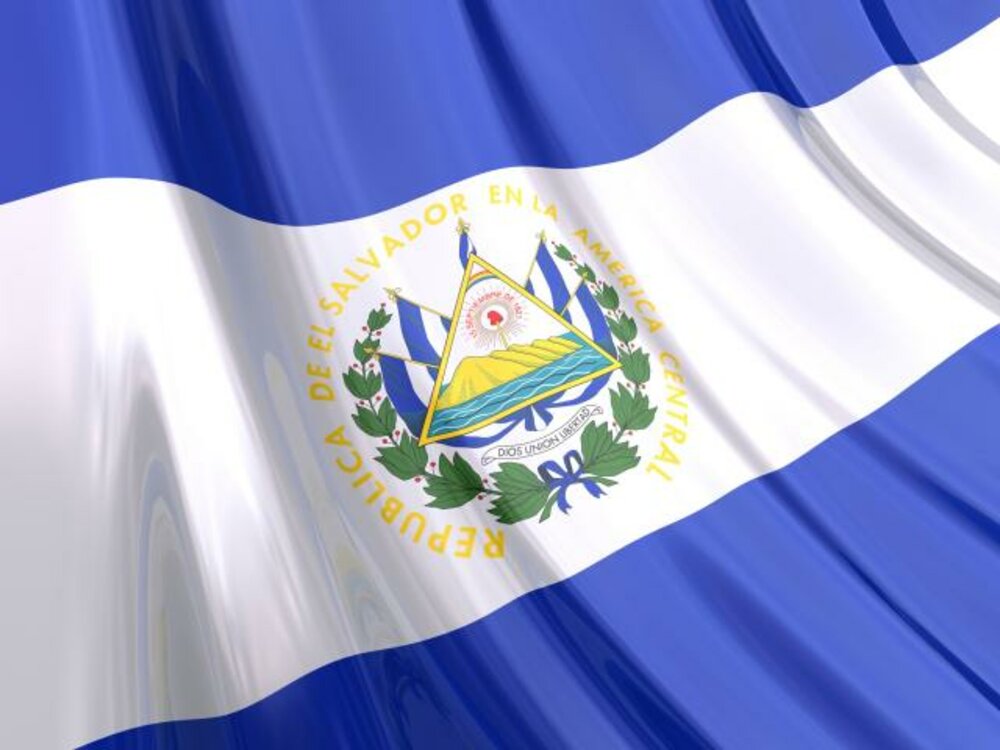Is Bitcoin Failing to Gain Traction in El Salvador?
15.10.2024 18:00 1 min. read Kosta Gushterov
A recent survey in El Salvador reveals limited use of Bitcoin among El Salvadorans.
The survey, conducted by the Francisco Gavidia University (UFG) last September, found that only 7.5% of participants use the leading cryptocurrency for transactions. The survey involved 1,224 respondents, mostly aged 18 to 29.
92% of respondents reported that they do not include BTC in their daily lives, and 0.5% were unsure or did not understand the question. When asked about national priorities, only 1.3% mentioned BTC, with the majority highlighting education and industrial development as more important sectors.
Despite the low uptake of the cryptocurrency, President Bukele continues to enjoy strong support from the public. In the poll, he received a performance rating of 8.43 out of 10, while the government as a whole received an average score of 7.49. In addition, about 80% of respondents expressed a positive or neutral opinion regarding the current economic situation.

A previous survey published in January by the Central American University (UCA) “José Simeón Cáñas” had already reported a decline in the adoption of Bitcoin, reporting a rate of use of 12%. In an interview with Time, President Buechele reiterated his hopes for higher adoption rates when he accepted Bitcoin in September 2021.
-
1
Bitcoin ETF Inflows Hit $2.2B as Market Calms After Ceasefire
25.06.2025 17:00 1 min. read -
2
Bitcoin ETF Inflows Explode Past $3.9B as BlackRock’s IBIT Leads the Charge
26.06.2025 18:08 1 min. read -
3
Bitcoin Surpasses Alphabet (Google) to Become 6th Most Valuable Asset Globally
27.06.2025 14:39 2 min. read -
4
Is Bitcoin a Missed Opportunity? This Billionaire Begins to Wonder
27.06.2025 12:00 1 min. read -
5
Bitcoin Price Prediction for the End of 2025 From Standard Chartered
02.07.2025 18:24 1 min. read
Bitcoin Price Prediction From Bernstein After the Recent All-Time High
As Bitcoin surged to another record high above $123,000 on Monday, analysts at Bernstein offered a bullish long-term outlook for the digital asset, forecasting a transformative period ahead for the entire crypto sector.
Strategy Buys 4,225 more Bitcoin, Pushing Holdings to 601,550 BTC
Bitcoin treasury firm Strategy—formerly known as MicroStrategy—has expanded its already-massive BTC holdings with a fresh $472.5 million acquisition.
Robert Kiyosaki Reacts to Bitcoin’s Surge Past $120K: “I’m Buying One More”
Famed author of Rich Dad Poor Dad, Robert Kiyosaki, has once again thrown his support behind Bitcoin following its recent surge above $120,000, calling it a win for those who already hold the asset—and a wake-up call for those who don’t.
Bitcoin Blasts Past $121,000 [Live blog schema]
Bitcoin has officially broken through the $121,000 level, rising 2.84% in the past 24 hours to hit $121,400, according to CoinMarketCap data.
-
1
Bitcoin ETF Inflows Hit $2.2B as Market Calms After Ceasefire
25.06.2025 17:00 1 min. read -
2
Bitcoin ETF Inflows Explode Past $3.9B as BlackRock’s IBIT Leads the Charge
26.06.2025 18:08 1 min. read -
3
Bitcoin Surpasses Alphabet (Google) to Become 6th Most Valuable Asset Globally
27.06.2025 14:39 2 min. read -
4
Is Bitcoin a Missed Opportunity? This Billionaire Begins to Wonder
27.06.2025 12:00 1 min. read -
5
Bitcoin Price Prediction for the End of 2025 From Standard Chartered
02.07.2025 18:24 1 min. read


